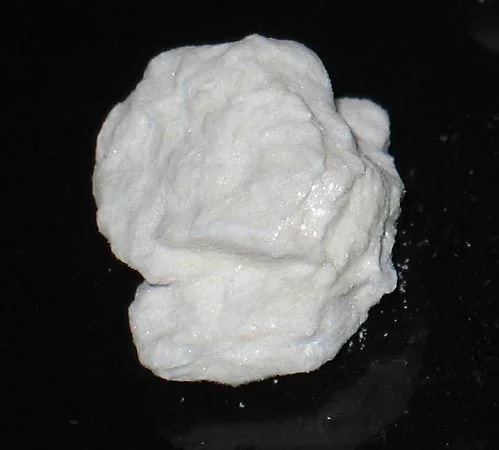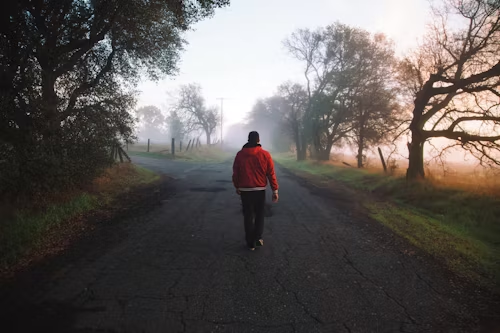drug use,
use of drugs for psychotropic rather than medical purposes. Among the most common psychotropic drugs are opiates (opium, morphine, and heroin), hallucinogens (LSD, mescaline, and psilocybin), barbiturates, cocaine, amphetamines, tranquilizers, and cannabis. Alcohol and tobacco are also sometimes classified as drugs. The term drug abuse is normally applied to excessive and addictive use of drugs. Because such drugs can have severe physiological and psychological, as well as social, effects, many governments regulate their use.
Characteristics of drug use and abuse
The functions of psychotropic drugs
To consider drugs only as medicinal agents or to insist that drugs be confined to prescribed medical practice is to fail to understand human nature. The remarks of American sociologist Bernard Barber are poignant in this regard:
Not only can nearly anything be called a “drug,” but things so called turn out to have an enormous variety of psychological and social functions—not only religious and therapeutic and “addictive,” but political and aesthetic and ideological and aphrodisiac and so on. Indeed, this has been the case since the beginning of human society. It seems that always and everywhere drugs have been involved in just about every psychological and social function there is, just as they are involved in every physiological function.
The enhancement of aesthetic experience is regarded by many as a noble pursuit of humans. Although there is no general agreement on either the nature or the substance of aesthetics, certain kinds of experience have been highly valued for their aesthetic quality. To German philosopher Arthur Schopenhauer (The World As Will and Representation), contemplation was the one requisite of aesthetic experience; a kind of contemplation that enables one to become so absorbed in the quality of what is being presented to the senses that the “Will” becomes still and all needs of the body silent. Drugs reportedly foster this kind of nirvana and are so used by many today. For German scholar and philosopher Friedrich Nietzsche (Birth of Tragedy), humans are able to lose their futile individuality in the mystic ecstasy of universal life under the Dionysiac spell of music, rhythm, and dance.
Love is a highly valued human emotion. Thus, not surprisingly, there has been a great deal of preoccupation with the feeling of love and with those conditions believed to enhance the attainment of love. Little is known concerning the aphrodisiac action of certain foods and drugs, but both have been associated in people’s minds with the increased capacity for love. Though the physiological effects may be doubtful, the ultimate effect in terms of one’s feeling of love is probably a potent incentive for the repetition of the experience and for those conditions believed to have produced the experience. Hallucinogenic substances such as LSD are said by many to induce a feeling of lovingness. But what the drug user regards as love and what persons around the user regard as love in terms of the customary visible signs and proofs often do not coincide. Even so, it is plausible that the dissipation of tensions, the blurring of the sense of competition, and the subsidence of hostility and overt acts of aggression all have their concomitant effect on the balance between the positive and negative forces within the individual, and, if nothing else, the ability of drugs to remove some of the hindrances to loving is valued by the user.


Comments
Post a Comment